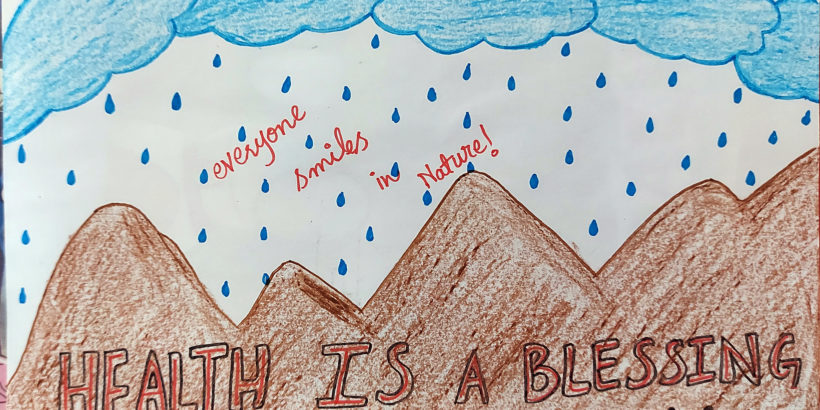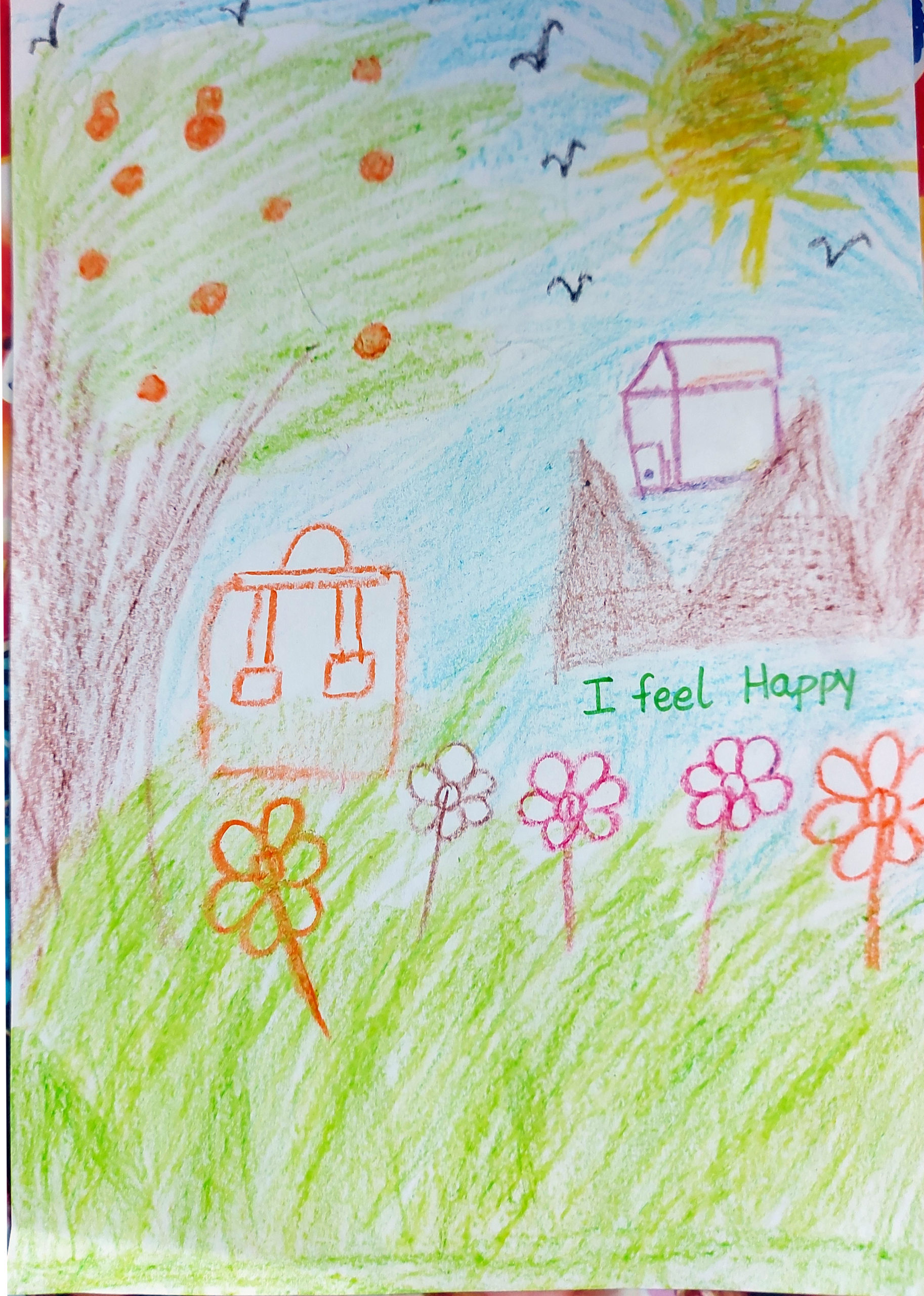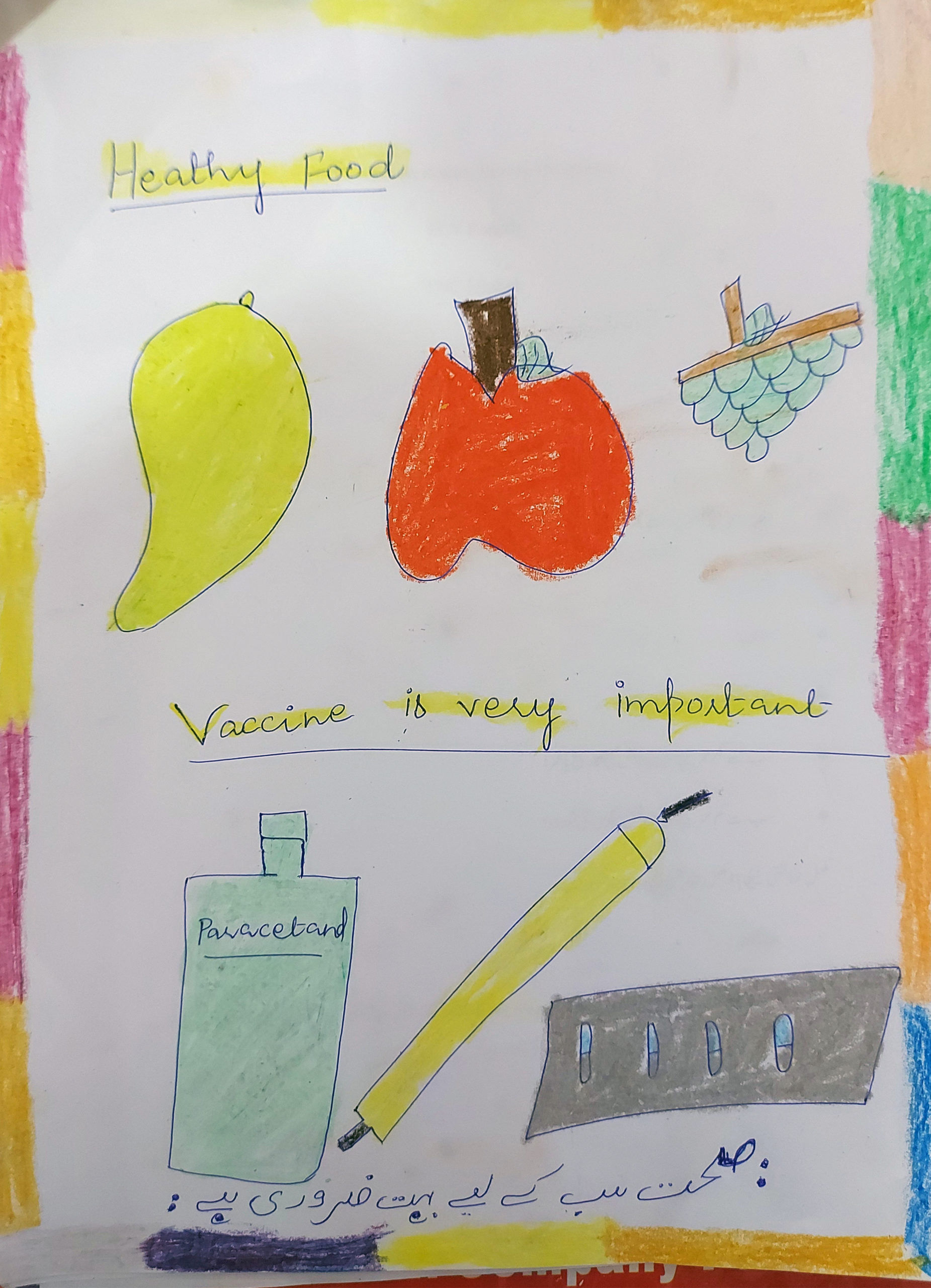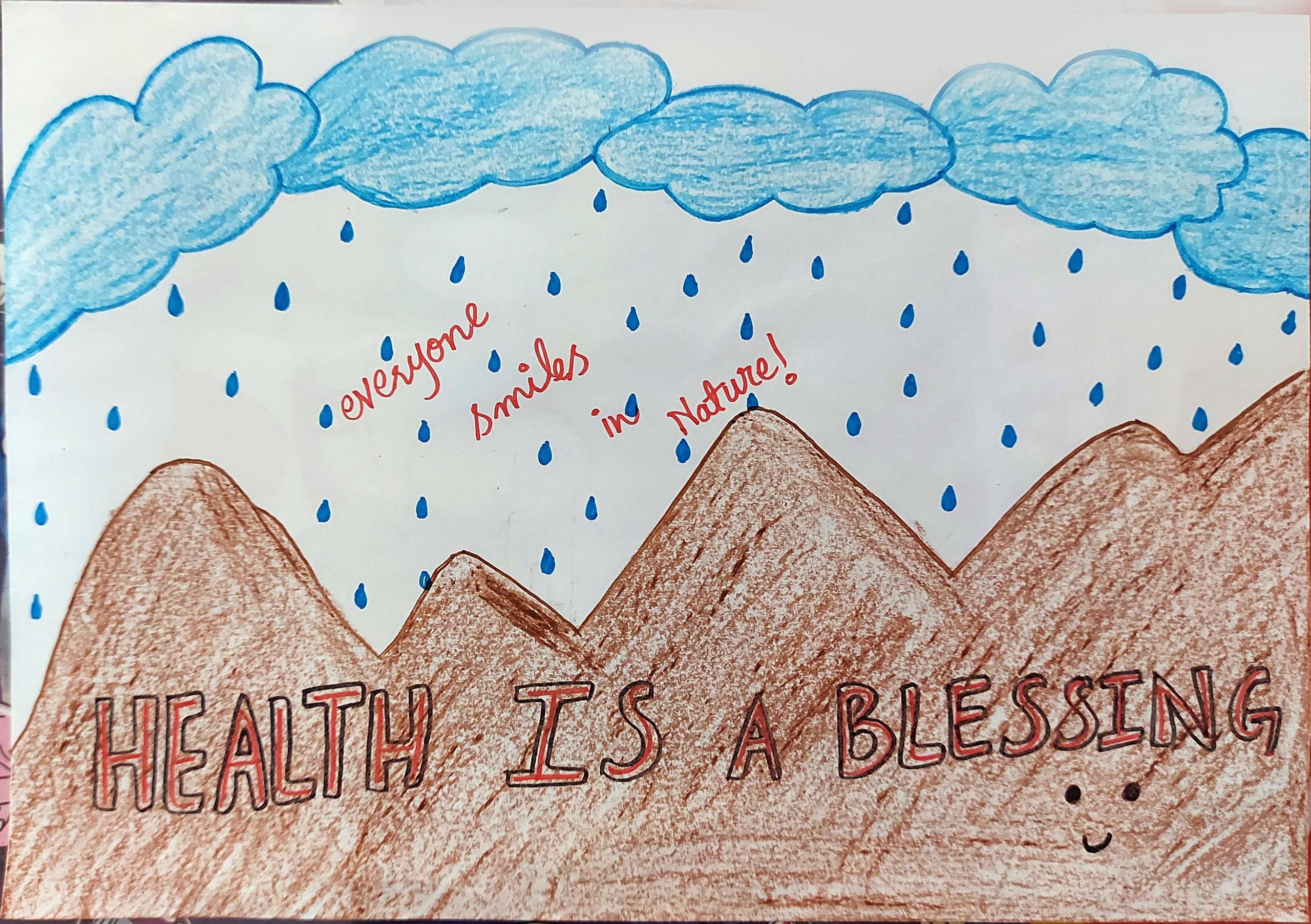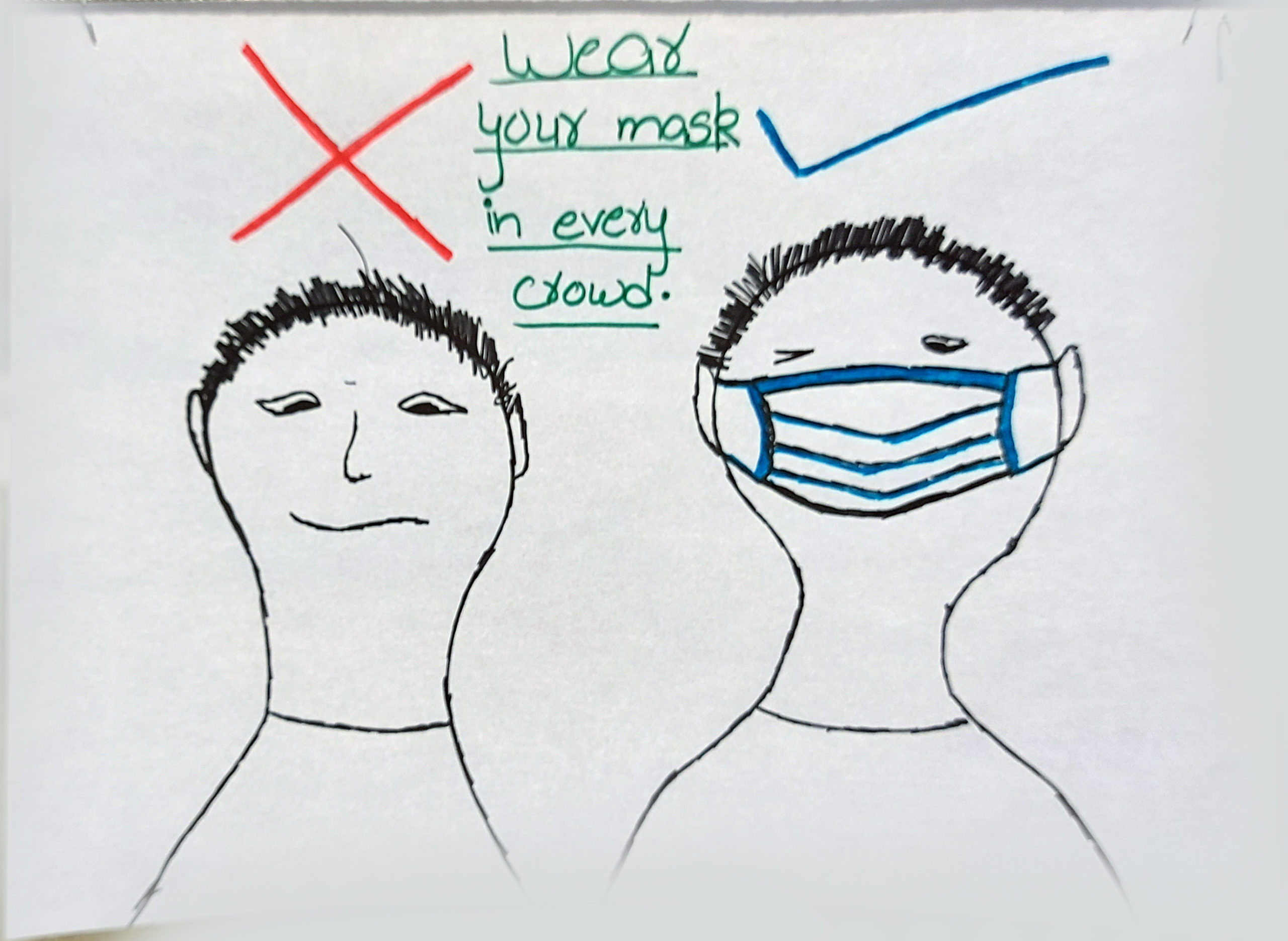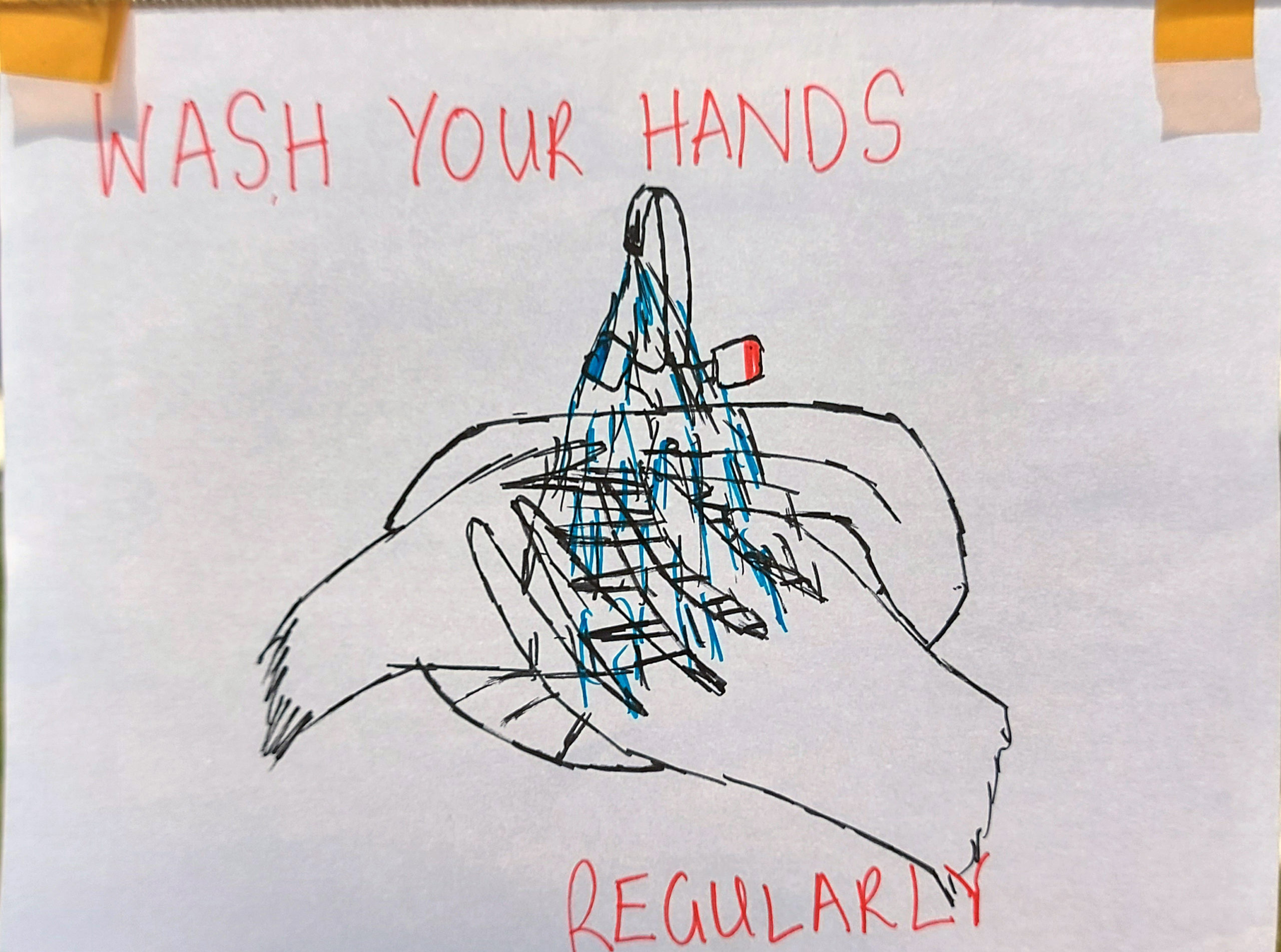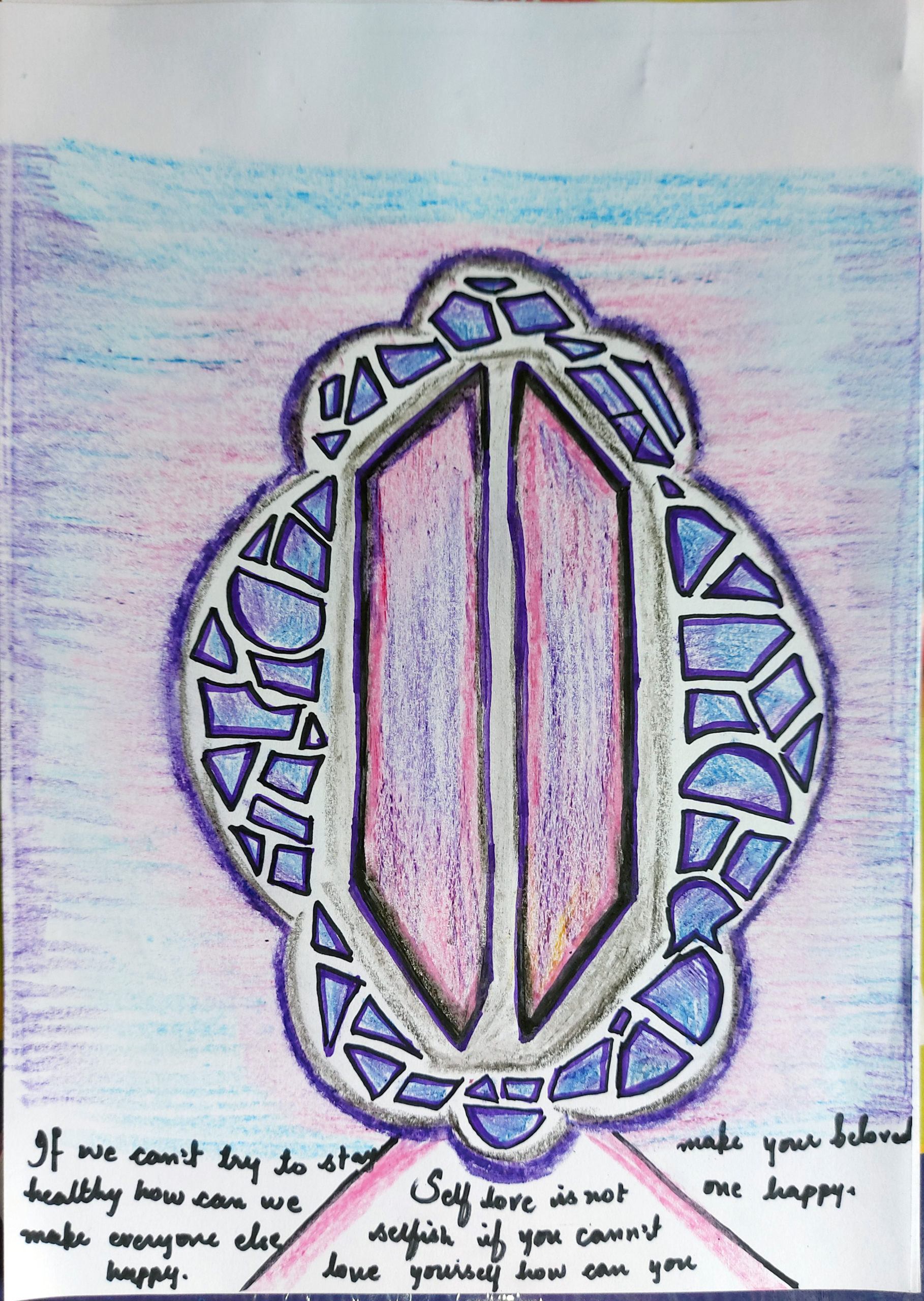The introduction of typhoid conjugate vaccines (TCV) into a national immunization system takes sizeable resources. Teams from various government offices, agencies, and civil society organizations must work together to plan a campaign. Importantly, this planning includes organizing social mobilization activities to motivate individuals and communities to access TCV and participate in the campaign. Activities are specific to the local context, nuanced to provide information and clarity for a specific community or region.
In Pakistan, social mobilization has played a crucial role in reaching nearly 30 million children with TCV. We’re publishing this three-part series about the use of the arts in social mobilization for TCV to highlight how one unique approach interwove art, creativity, and health, to reach local community members in Pakistan.
View examples of the arts created through this mobilization in the slider below:
During the two TCV campaigns in Punjab Province, Pakistan in February and June 2021, the Center for Arts-based Methodologies, an initiative housed at PHC Global, conducted a series of arts-based community mobilisation sessions. These sessions worked with diverse groups including students, community members, health workers, and the district management teams (both public and private). We held the sessions in the cities of Islamabad, Lahore, Kasur, Sheikhupua, Multan, Vehari, and Kot Addu. Of the 17 total sessions, 9 were with front-line health workers and health managers, 6 were with community members, and 2 were with health workers and community members together, with a focus on equal gender distribution. The groups varied in regard to age, educational status, profession, and affiliations.
The holistic concept of health
For the groups that included both health workers and community members, the session started with an exploration of the holistic concept of health. Leaders shared the WHO definition of health as “a state of physical, mental, social and spiritual wellbeing.” We then asked participants to describe their subjective experience with health. What does it feel like to be healthy? Participants responded:
Feeling energetic… fulfilled… having a good appetite… in a pleasant mood… productive work…feeling I can overcome any difficulty….
Participants then brainstormed the specific times and activities in their normal day when they felt healthy. They categorised these under the four headings: physical, mental, social, and spiritual.
Waking up in the morning… praying… exercising… finishing a task… eating good food, spending time in nature… spending time with the family… achieving a goal… helping someone…
Discussions showed that participants understood health as a holistic construct where physical, mental, social, and spiritual health are interrelated. Dysfunction in any one aspect can affect all the other areas. The converse is also true: positive interventions in any one aspect can affect the other areas. Participants also discussed the fact that everyone’s “needs” may be different.
Next, we introduced two concepts as part of the holistic construct of health: resilience and prevention. Prevention, ostensibly, relates to the concept of immunisation as a personal and collective responsibility.
Art as joy, empowerment
Based on these concepts, participants were then asked to create a health poster and develop a simple slogan, based on the discussion so far, using simple art materials.
By nature, making art, especially in a community setting with no expectations for quality or methods, can be a very enjoyable activity. A person can play with colour and imagine and end up with an aesthetically pleasing output. For this reason, it can lead to a powerful and empowering feeling of having created something. Often, participants likened the activity to their childhoods, evoking pleasant memories of more care-free and playful times:
“Art is a good way to explain things to people… I believe that being happy is being healthy… we must care for each other” ~ Lady Health Worker, Faisalabad District
“Every person has the right to be healthy… it is our responsibility” ~ Young participant from community, Vehari District
Art as community education about typhoid and TCVs
In the community groups, the second part of the session focused on typhoid as an endemic disease. We started off identifying what the community already knew; what the disease was called in local terms, the signs and symptoms, and if there were any myths associated with typhoid. Next, we followed up with accurate information about typhoid and re-introduced the concepts of preventive health and resilience. In particular, we emphasized the importance of vaccination programmes as part of this preventive aspect.
Before community members left the session, we reminded them that immunisation is an essential public health intervention. We also discussed how the inclusion of TCV in the routine immunisation programme is extremely important. Participants were impressed that Pakistan was first country to integrate TCV in the routine immunisation programme.
Art as team building, morale boosting among health workers
For the sessions with health workers and managers, the second part of the session was utilised for psychosocial support, team-building, and general morale boosting. After sharing the science of the stress response and how it can affect our mental, physical, and social health, we introduced a few stress-relieving exercises and practiced breath work in the groups. We also provided space for health workers to “vent” their frustrations. Finally, we encouraged them to keep up their tremendous work that was reaching millions of children!
“I am proud of being a part of this project. Even though it is tough and thankless, the fact that I am involved with health of our children is what keeps me going.” ~ NGO Manager, Multan
“Children are Sanjhay (collective), and they determine our future. Even if this was not a job, I will strive for the health and wellbeing of our children… they are the future.” ~ Lady Health Worker, Vehari

